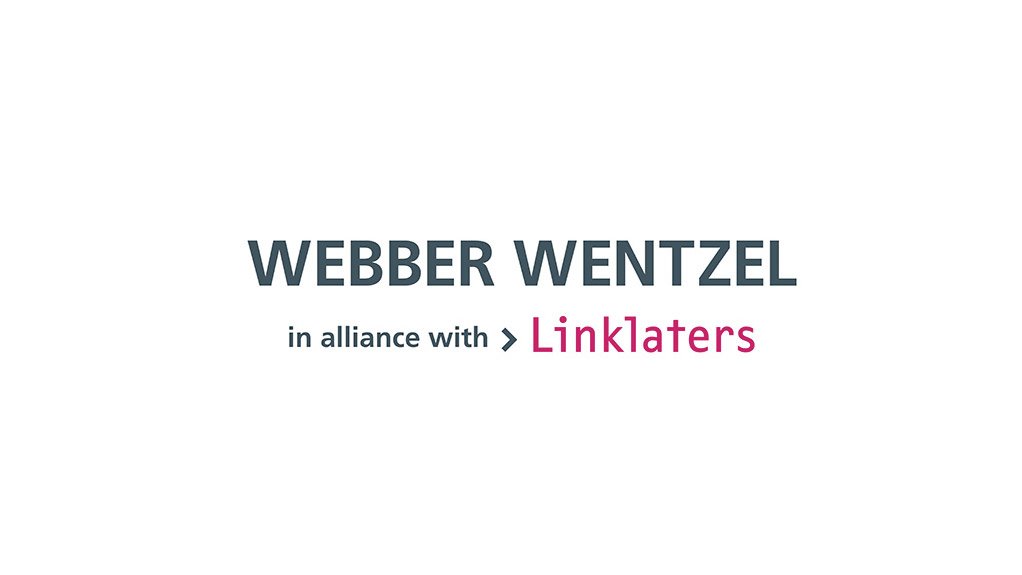On 20 July 2020, the Department of Employment and Labour gazetted the Employment Equity Amendment Bill (EEAB). The EEAB will shortly be formally introduced in the National Assembly. It is still subject to change and only once it has passed through the National Assembly and signed by the President will it become an Act of Parliament
The EEAB follows the last report by the Commission for Employment Equity which revealed that top management, senior management and professional employee groups continue to be dominated by the white male population group across organisations across South Africa. The report notes that there has been some progress in making the workplace more diverse and representative. However, massive discrepancies still remain particularly in senior positions.
In its current form, the EEAB proposes a number of changes to the Employment Equity Act 55 of 1998 as amended (EEA). We discuss the key provisions below.
Determination of sectoral numerical targets
The EEAB introduces a new section 15A into the EEA which empowers the Minister of Employment & Labour to identify national economic sectors having regard to the Standard Industrial Classification of all Economic Activities published by Statistics South Africa.
After consulting with the National Minimum Wage Commission, the section also empowers the Minister to set numerical targets for any national economic sector. The main goal of such target setting is to ensure the equitable representation of suitably qualified people from designated groups at all occupational levels in the workplace. The Minister may set different numerical targets for different occupational levels, sub-sectors or regions within a national economic sector.
Following the above, the EEAB also introduces a consequential amendment to section 20 of the EEA which regulates the employment equity plan. Section 20(2A) will provide that the numerical goals set by the employer must comply with any applicable sectoral target set by the Minister (under section 15A).
In assessing compliance under section 42 of the EEA, the Director-General will also be empowered to take into account whether or not the designated employer has complied with the sectoral target (under section 15A). This will be in addition to the designated employer being measured against the demographic profile of the national or the regional economically active population.
Income differentials and discrimination
The EEAB amends section 27 of the EEA by providing that the statement on remuneration and benefits for each occupational level must be submitted the National Minimum Wage Commission given that the Employment Conditions Commission is no longer operational.
Psychological testing and other similar assessments
The EEAB removes the requirement for psychological testing (and other similar assessments) of employees to be certified by the Health Profession Council of South Africa (HPCSA). This is as a result of the HPCSA no longer having the capacity or procedures to undertake these certifications. Despite this amendment, the validity of the tests may still be subject to evaluation of the Labour Court.
Undertaking to comply by employer
The EEAB amends section 36 of the EEA in allowing a labour inspector to request a written undertaking from a designated employer to prepare an employment equity plan (as contemplated by section 20) within a specified time period.
Voluntary compliance
The EEAB repeals section 14 of the EEA. In other words, employers who are not designated employers will no longer be permitted to notify the Director-General of its intention to voluntary comply with Chapter III of the EEA.
New and revised definitions
The EEAB also inserts a number of new or revised definitions to the EEA -
- New definition for 'National Minimum Wage Commission' will be inserted to align the EEA with the National Minimum Wage Act 9 of 2018 as amended.
- Revised definition for 'Designated employer' will exclude employers with fewer than 50 employees who meet the turnover threshold (under the EEA). This amendment is intended to reduce the regulatory burden on small employers in relation to implementing Chapter III of the EEA.
- Revised definition for 'People with disabilities' will include people who have a long-term or recurring intellectual or sensory impairment which, in interaction with various barriers, may substantially limit their prospects of entry into or advancement in employment.
- 'Sector' means an industry or service or part of any industry or service.
- The Department of Employment & Labour estimates that it will cost approximately ZAR1,2 million to implement the EEAB once it is effective in law. At this stage, it remains unclear when the EEAB will be law. We will continue to monitor this space and keep you updated.
Witten by Dhevarsha Ramjettan, a Partner, Shane Johnson, Professional Support Lawyer and Mbali Nkosi, an Associate at Webber Wentzel
EMAIL THIS ARTICLE SAVE THIS ARTICLE ARTICLE ENQUIRY
To subscribe email subscriptions@creamermedia.co.za or click here
To advertise email advertising@creamermedia.co.za or click here











